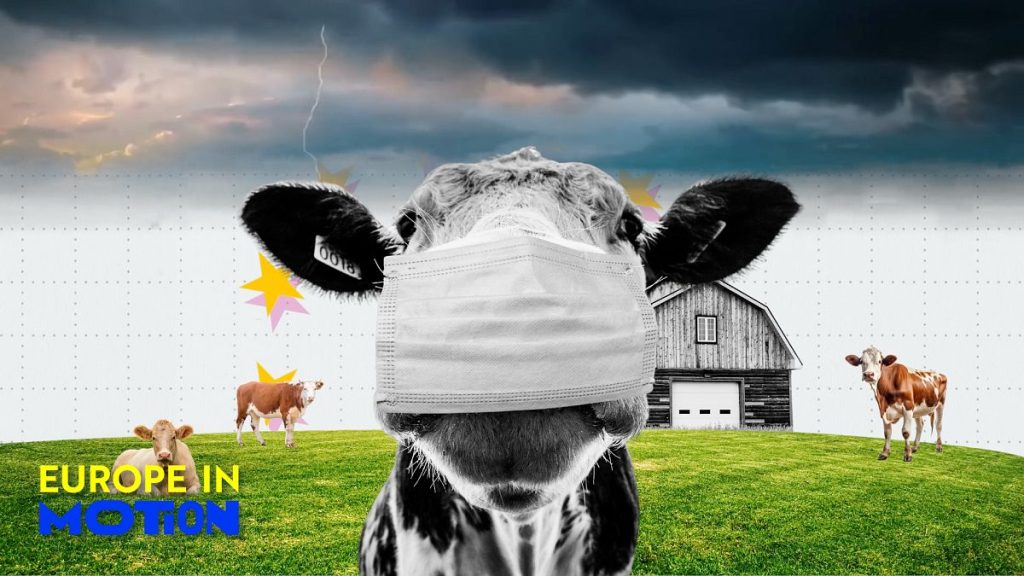In 2024, agricultural prices in the European Union experienced a modest decline of 2% compared to the previous year. This drop followed sharp increases in 2021 and 2022 that were attributed to the COVID-19 pandemic, extreme weather conditions, and Russia’s invasion of Ukraine. Despite a surge in olive oil prices, the prices of essential food products like cereals, eggs, and vegetables saw a decrease. Prices of milk, pigs, and poultry also shrank by 7% and 8% respectively. Eurostat figures show that milk prices decreased in 16 EU countries in 2024, with the sharpest decline seen in Finland at 12%, followed by Portugal at 10% and Spain at 8%. On the other hand, Ireland, Lithuania, and Latvia saw the sharpest increases in milk prices.
Additionally, production costs for seeds and veterinary services rose by 3% in 2024. However, prices for fertilisers, soil improvers, food for animals, and plant protection products and pesticides all saw decreases. In response to ongoing protests by farmers, the EU Commission introduced an initiative aimed at ensuring fair compensation and preventing farmers from being forced to sell products below production costs. The proposed measures include mandatory written contracts that outline key terms such as price, quantity, and delivery timelines, taking market conditions and cost fluctuations into account. The package also includes a regulation to strengthen enforcement of the Unfair Trading Practices (UTPs) Directive that was adopted five years ago but has seen limited implementation.
This shift in agricultural prices in 2024 is significant as it reverses the trend of increasing food prices seen in previous years. Factors such as the impact of COVID-19 on supply chains, extreme weather events affecting crop yields, and geopolitical tensions contributing to price volatility have all played a role in shaping the market. The decrease in prices for essential food products like milk, cereals, and eggs is a positive development for consumers who were facing higher grocery bills in recent years. Additionally, the measures proposed by the EU Commission to ensure fair compensation for farmers are crucial for maintaining the stability and sustainability of the agricultural sector.
The price drops in essential food products in 2024, such as milk, cereals, eggs, and vegetables, are likely to have a ripple effect on the overall food market. As these products become more affordable for consumers, it may lead to increased consumption and overall economic stability. The decrease in prices for fertilisers, soil improvers, and plant protection products and pesticides also have implications for the agricultural industry, as farmers may need to adjust their production practices in response to these changes. The introduction of mandatory written contracts and strengthened enforcement of the UTPs Directive are steps towards creating a more equitable and transparent marketplace for farmers and buyers alike.
Overall, the agricultural sector in the European Union experienced a shift in prices in 2024, with essential food products like milk, cereals, and eggs seeing price drops after years of increases. The proposed measures by the EU Commission to ensure fair compensation for farmers and prevent selling below production costs are crucial for maintaining the stability and sustainability of the industry. The market forces at play, including the impact of COVID-19, extreme weather events, and geopolitical tensions, have all influenced the pricing trends in the sector. Moving forward, these developments are likely to have implications for consumers, farmers, and the overall food market in the EU.













